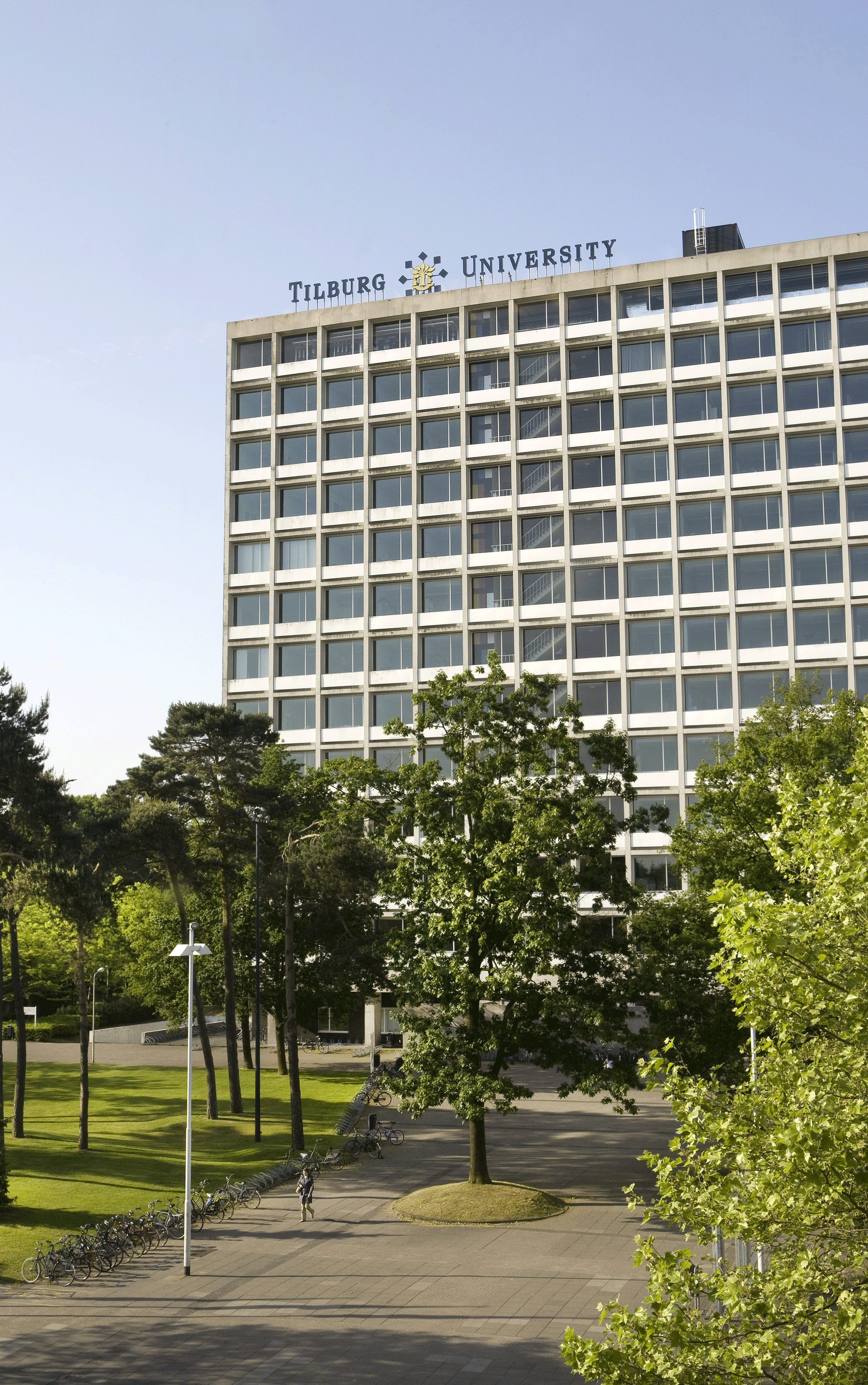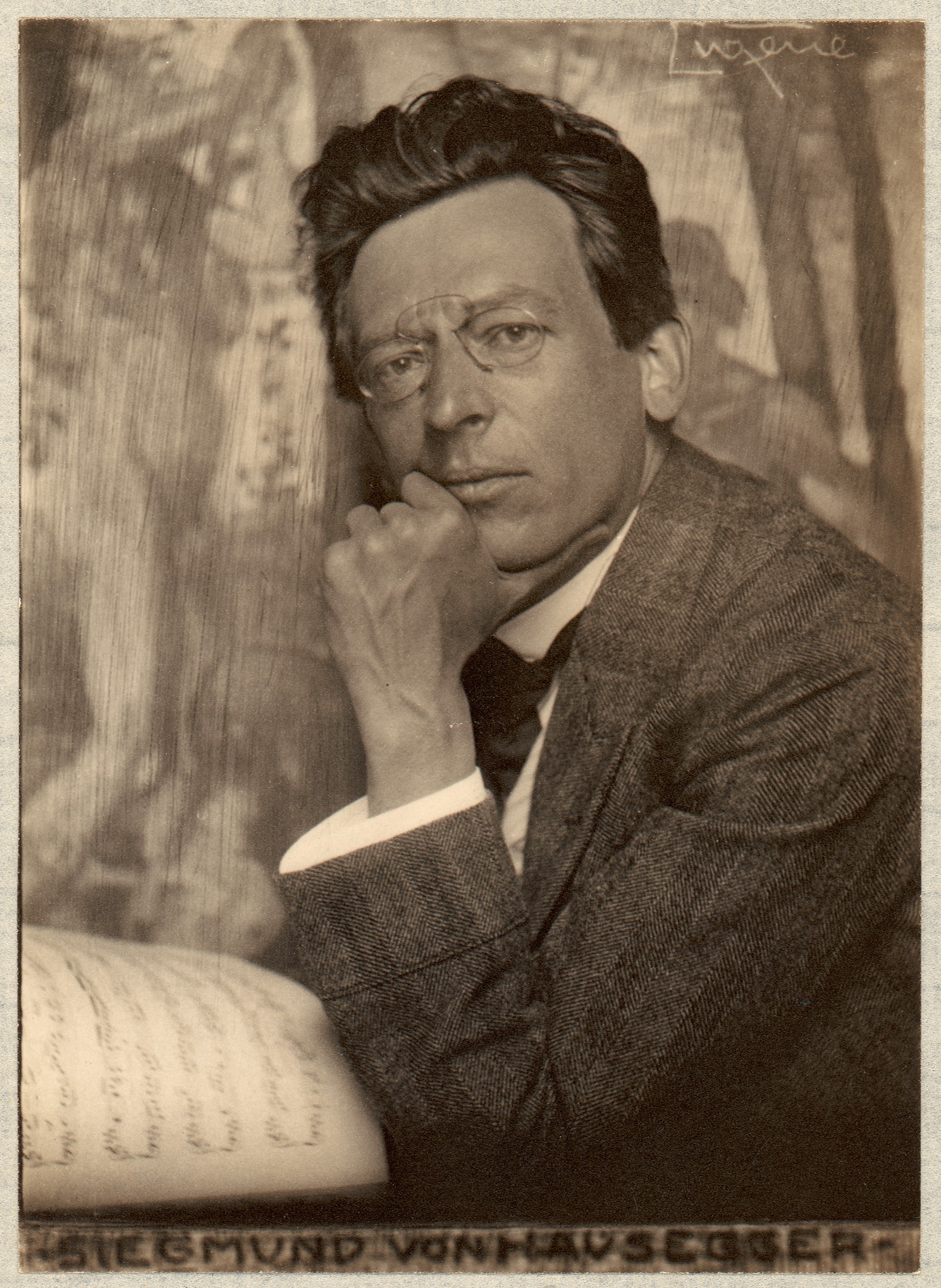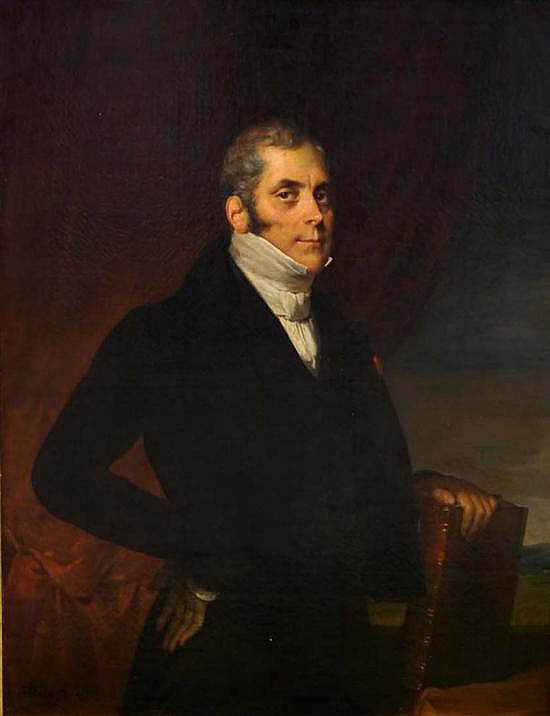|
Antony Hermus
Antony Hermus (born 1973, Oosterhout, The Netherlands) is a Dutch conductor. Biography Hermus started playing piano at age 6. His piano teachers as a youth included Pieter van Moergastel and Ben Martin Weyand. He later studied with Jacques de Tiège at the Tilburg Music Conservatory. He graduated from the '' Katholieke Universiteit Brabant'' with a degree in information science, alongside musical training. He then studied conducting with Jac van Steen and Georg Fritzsch. In 1998, Hermus joined the staff of the Theater Hagen, where he subsequently served as a repetiteur. After attaining the post of ''Erster Kapellmeister'' with the company, he became ''Generalmusikdirektor'' (GMD) of the company in 2002, and held the post until 2008. In 2009, he became GMD of the Dessau Opera, and was nominated for Conductor of the Year by ''Opernwelt'' in 2010, 2011, and 2012. He completed his tenure in Dessau in 2015 by conducting his first Ring cycle, and being named honorary conductor ... [...More Info...] [...Related Items...] OR: [Wikipedia] [Google] [Baidu] |
Oosterhout
Oosterhout (; from ''ooster'', "eastern", and ''hout'', "woods") is a municipality and a city in the southern Netherlands. The municipality had a population of in . Population centers The municipality of Oosterhout includes the following places: History Oosterhout is mentioned for the first time in 1277, although archaeological excavations showed the existence of human settlements in the area in prehistoric times. The Knights Templar had a temple here dedicated to St. John the Baptist. It was home to a castle which later acquired control over the surrounding area, up to Breda and Bergen op Zoom. The castle was destroyed by Spanish troops during the Eighty Years War, in 1573; only a tower of it survives today. The city became the seat of a flourishing ceramics industry, which lasted until the 19th century. In 1625 the city was besieged by Frederick Henry, Prince of Orange, and suffered heavy damage. Despite the rise of Protestantism, it was home to several Catholic monast ... [...More Info...] [...Related Items...] OR: [Wikipedia] [Google] [Baidu] |
Netherlands
) , anthem = ( en, "William of Nassau") , image_map = , map_caption = , subdivision_type = Sovereign state , subdivision_name = Kingdom of the Netherlands , established_title = Before independence , established_date = Spanish Netherlands , established_title2 = Act of Abjuration , established_date2 = 26 July 1581 , established_title3 = Peace of Münster , established_date3 = 30 January 1648 , established_title4 = Kingdom established , established_date4 = 16 March 1815 , established_title5 = Liberation Day (Netherlands), Liberation Day , established_date5 = 5 May 1945 , established_title6 = Charter for the Kingdom of the Netherlands, Kingdom Charter , established_date6 = 15 December 1954 , established_title7 = Dissolution of the Netherlands Antilles, Caribbean reorganisation , established_date7 = 10 October 2010 , official_languages = Dutch language, Dutch , languages_type = Regional languages , languages_sub = yes , languages = , languages2_type = Reco ... [...More Info...] [...Related Items...] OR: [Wikipedia] [Google] [Baidu] |
Conductor (music)
Conducting is the art of directing a musical performance, such as an orchestral or choral concert. It has been defined as "the art of directing the simultaneous performance of several players or singers by the use of gesture." The primary duties of the conductor are to interpret the score in a way which reflects the specific indications in that score, set the tempo, ensure correct entries by ensemble members, and "shape" the phrasing where appropriate. Conductors communicate with their musicians primarily through hand gestures, usually with the aid of a baton, and may use other gestures or signals such as eye contact. A conductor usually supplements their direction with verbal instructions to their musicians in rehearsal. The conductor typically stands on a raised podium with a large music stand for the full score, which contains the musical notation for all the instruments or voices. Since the mid-19th century, most conductors have not played an instrument when conducting, a ... [...More Info...] [...Related Items...] OR: [Wikipedia] [Google] [Baidu] |
Tilburg University
Tilburg University is a public university, public research university specializing in the social and behavioral sciences, economics, law, business sciences, theology and humanities, located in Tilburg in the southern part of the Netherlands. Tilburg University has a student population of about 20,284 students, about 18 percent of whom are international students. This percentage has steadily increased over the past years. Tilburg University offers both Dutch language, Dutch-and English-taught programs. In 2019, 48 of the total 71 (21 bachelor and 50 master programs) were English-taught. Tilburg University awards approximately 120 PhDs per year. The institution has gained a reputation in both research and education. In the field of economics, RePEc in March 2020 ranked the Faculty of Economics and Business Administration as the 23rd most productive research department in the world, and the 6th in Europe. According to the 2019 Shanghai Ranking, Tilburg University is ranked 5th in the ... [...More Info...] [...Related Items...] OR: [Wikipedia] [Google] [Baidu] |
Der Ring Des Nibelungen
(''The Ring of the Nibelung''), WWV 86, is a cycle of four German-language epic music dramas composed by Richard Wagner. The works are based loosely on characters from Germanic heroic legend, namely Norse legendary sagas and the '' Nibelungenlied''. The composer termed the cycle a "Bühnenfestspiel" (stage festival play), structured in three days preceded by a ("preliminary evening"). It is often referred to as the ''Ring'' cycle, Wagner's ''Ring'', or simply ''The Ring''. Wagner wrote the libretto and music over the course of about twenty-six years, from 1848 to 1874. The four parts that constitute the ''Ring'' cycle are, in sequence: * ''Das Rheingold'' (''The Rhinegold'') * '' Die Walküre'' (''The Valkyrie'') * '' Siegfried'' * '' Götterdämmerung'' (''Twilight of the Gods'') Individual works of the sequence are often performed separately, and indeed the operas contain dialogues that mention events in the previous operas, so that a viewer could watch any of them wi ... [...More Info...] [...Related Items...] OR: [Wikipedia] [Google] [Baidu] |
Belgian National Orchestra
The Belgian National Orchestra ( nl, Nationaal Orkest van België, french: Orchestre National de Belgique) is a Belgian orchestra, based in Brussels. Its principal concert venue is the Brussels Centre for Fine Arts (Bozar). The orchestra also gives concerts outside of Brussels in such cities as Sankt-Vith and Hasselt. History The orchestra was founded in 1931 by Désiré Defauw as the Brussels Symphony Orchestra, and later reorganized in 1936 into its present form. With its base in the Centre for Fine Arts, Brussels and subsidized by the Belgian government, the BNO performs 70 concerts each season in Belgium and abroad, employing 96 musicians. It specializes in the music of the 19th and 20th centuries and film scores. In 2003, contestants in the final round of the Queen Elisabeth Music Competition were accompanied by the orchestra, under the direction of Gilbert Varga. Prior to the 1958 appointment of André Cluytens as its music director and permanent conductor, the NOB worked ... [...More Info...] [...Related Items...] OR: [Wikipedia] [Google] [Baidu] |
Siegmund Von Hausegger
Siegmund von Hausegger (16 August 1872 – 10 October 1948) was an Austrian composer and conductor. Early life Siegmund was born in Graz, the son of Friedrich von Hausegger (1837-1899), a lawyer and writer on music. According to Siegmund's own account, Friedrich was "one of the first in Austria to recognize the greatness of Richard Wagner and to exert himself to the utmost in propagating his music and his ideas". Article "Hausegger, Siegmund". According to one account, the young von Hausegger may have been made the vehicle of his critic-father's ideals. Siegmund studied music initially under his father, and a strong Wagnerian tinge is found in his own compositions, which included masses, operas and symphonic poems as well as many choruses and songs. At the age of nineteen, von Hausegger composed a ''Mass'' for chorus and orchestra that he described as "my first serious composition". Originally intended to be performed at his college, the work proved too challenging fo ... [...More Info...] [...Related Items...] OR: [Wikipedia] [Google] [Baidu] |
Alphons Diepenbrock
Alphonsus Johannes Maria Diepenbrock (2 September 1862 in Amsterdam – 5 April 1921) was a Dutch composer, essayist and classicist. Life and work Diepenbrock was not a musician by training. Brought up in a prosperous Catholic family, although he showed musical ability as a child, the expectation was that he would enter a university rather than a conservatory. And so he studied classics at the University of Amsterdam, gaining his doctorate cum laude in 1888 with a dissertation in Latin on the life of Seneca. The same year he became a teacher, a job which he held until 1894, and decided to devote himself to music. As a composer, he had been completely self-taught from an early age. He created a musical idiom which, in a highly personal manner, combined 16th-century polyphony with Wagnerian chromaticism, to which in later years was added the impressionistic refinement that he encountered in Debussy's music. His predominantly vocal output is distinguished by the high quality ... [...More Info...] [...Related Items...] OR: [Wikipedia] [Google] [Baidu] |
August Klughardt
August Friedrich Martin Klughardt (30 November 1847 – 3 August 1902) was a German composer and conductor. Life Klughardt, who was born in Köthen, took his first piano and music theory lessons at the age of 10. Soon he began to compose his first pieces, which were performed by a music circle Klughardt had founded himself at school. In 1863, his family moved to Dessau. One year later, Klughardt gave his debut as pianist. After having finished school, he moved to Dresden in 1866. There, he took further lessons and brought his compositions to the public for the first time. One year later, he began to earn his living as a conductor. At first, he worked at the municipal theatre in Posen (Poznań) for one season, then in Neustrelitz for one season, and finally in Lübeck for several months. From 1869 to 1873, he worked at the court theatre in Weimar. There, he met Franz Liszt, which was very important for his creative development. In 1873, he returned to Neustrelitz where he became c ... [...More Info...] [...Related Items...] OR: [Wikipedia] [Google] [Baidu] |
Johan Wagenaar
Johan Wagenaar (1 November 1862 – 17 June 1941) was a Dutch composer and organist. Life Born in Utrecht, out of wedlock, he was the son of Cypriaan Gerard Berger van Hengst and Johanna Wagenaar. Wagenaar's parents were of different social strata: his father was an aristocrat, while his mother was of more humble origins. For this reason, Wagenaar's parents were not married, and thus Wagenaar received his mother's name as his family name. While Wagenaar resented that his parents never got married, he was by no means neglected by his father. Wagenaar evidenced a talent for music as a child. However, he did not begin to receive a formal education in music until age 13, with subsequent instruction in piano, organ, violin, theory, and composition. He was under the tutelage of the composer Richard Hol and the organist Samuel de Lange, Jr. In 1892, he studied with Brahms' friend Heinrich von Herzogenberg in Berlin, specifically taking lessons in counterpoint. In 1888, he succeede ... [...More Info...] [...Related Items...] OR: [Wikipedia] [Google] [Baidu] |
Daniel Auber
Daniel-François-Esprit Auber (; 29 January 178212 May 1871) was a French composer and director of the Paris Conservatoire. Born into an artistic family, Auber was at first an amateur composer before he took up writing operas professionally when the family's fortunes failed in 1820. He soon established a professional partnership with the librettist Eugène Scribe that lasted for 41 years and produced 39 operas, most of them commercial and critical successes. He is mostly associated with opéra-comique and composed 35 works in that genre. With Scribe he wrote the first French grand opera, ''La Muette de Portici'' (The Dumb Woman of Portici) in 1828, which paved the way for the large-scale works of Giacomo Meyerbeer. Auber held two important official musical posts. From 1842 to 1871 he was director of France's premier music academy, the Paris Conservatoire, which he expanded and modernised. From 1852 until the fall of the Second Empire in 1870 he was director of the imperial chap ... [...More Info...] [...Related Items...] OR: [Wikipedia] [Google] [Baidu] |
Deutsche Nationalbibliothek
The German National Library (DNB; german: Deutsche Nationalbibliothek) is the central archival library and national bibliographic centre for the Federal Republic of Germany. It is one of the largest libraries in the world. Its task is to collect, permanently archive, comprehensively document and record bibliographically all German and German-language publications since 1913, foreign publications about Germany, translations of German works, and the works of German-speaking emigrants published abroad between 1933 and 1945, and to make them available to the public. The DNB is also responsible for the and several special collections like the (German Exile Archive), and the (German Museum of Books and Writing). The German National Library maintains co-operative external relations on a national and international level. For example, it is the leading partner in developing and maintaining bibliographic rules and standards in Germany and plays a significant role in the development of ... [...More Info...] [...Related Items...] OR: [Wikipedia] [Google] [Baidu] |



.jpg)



